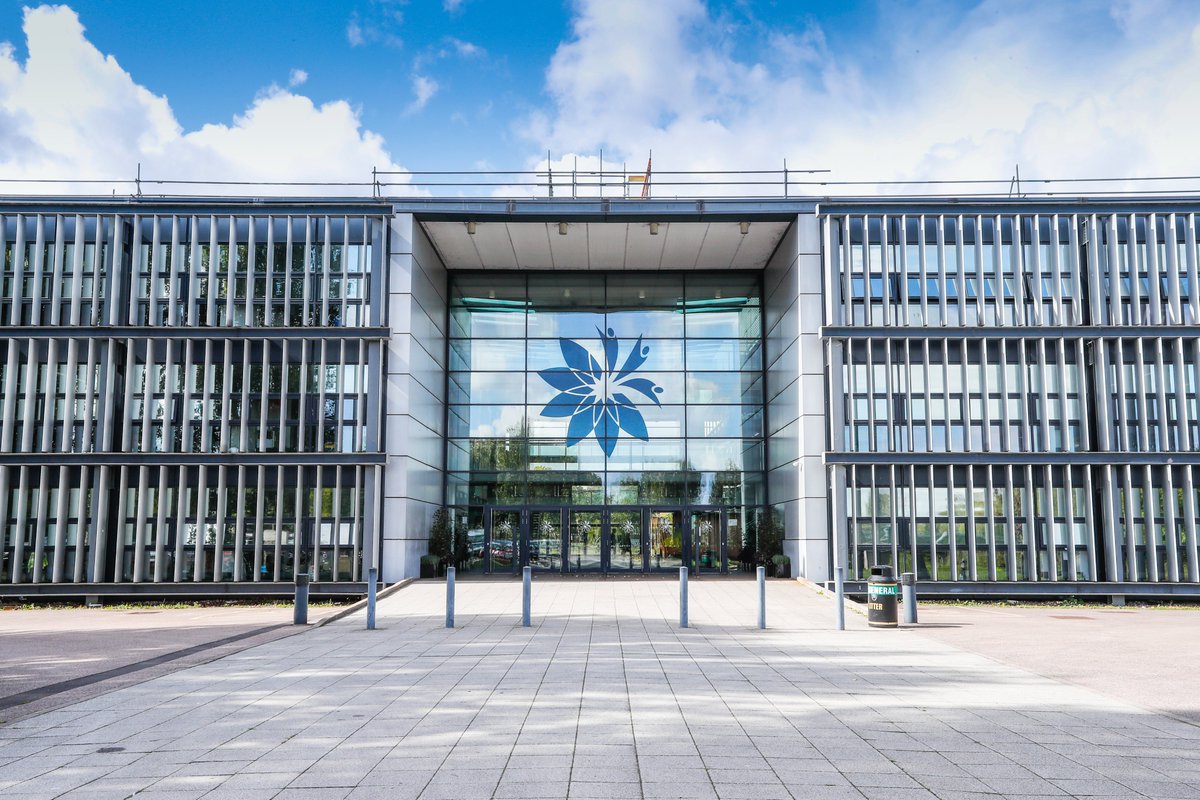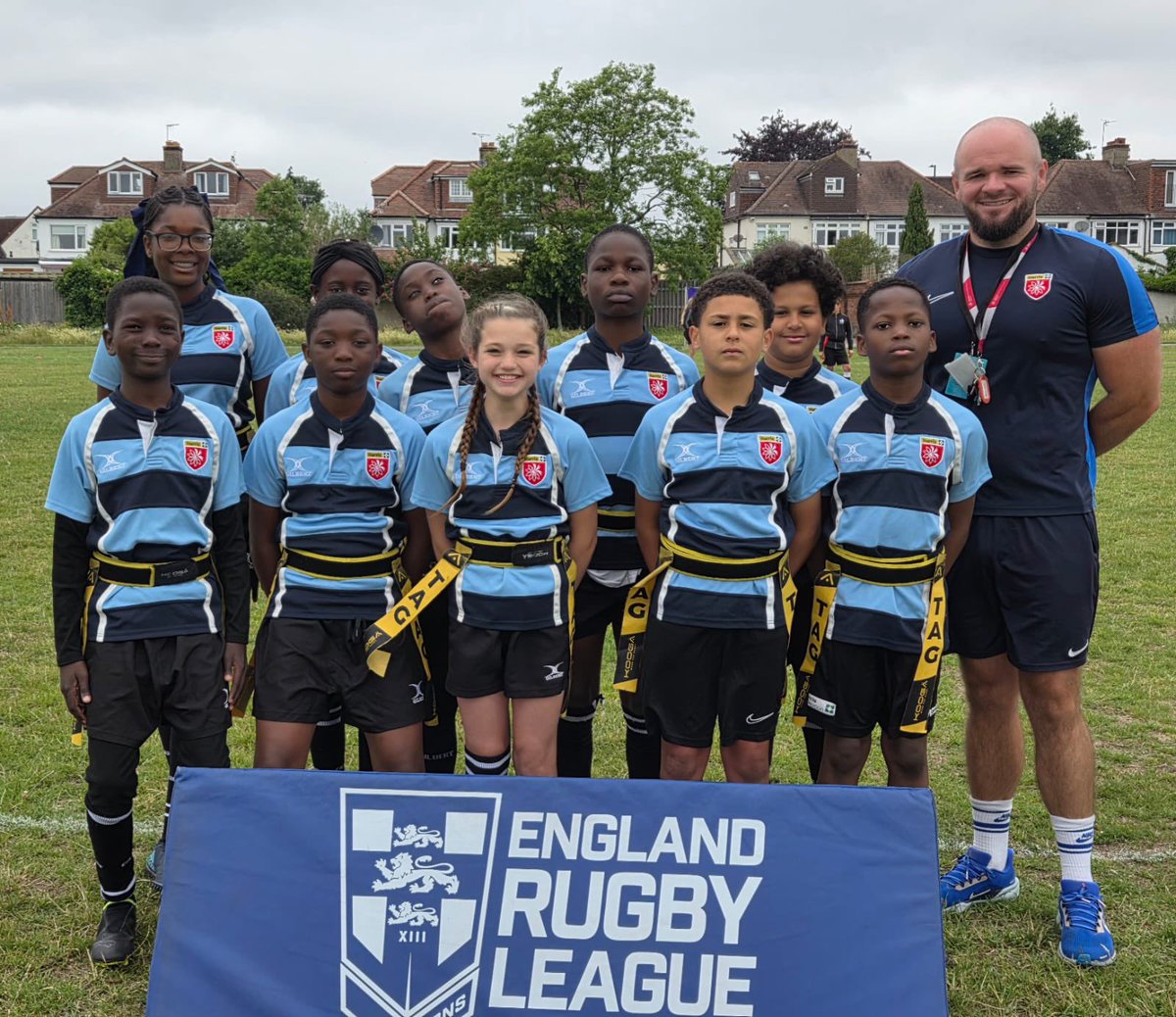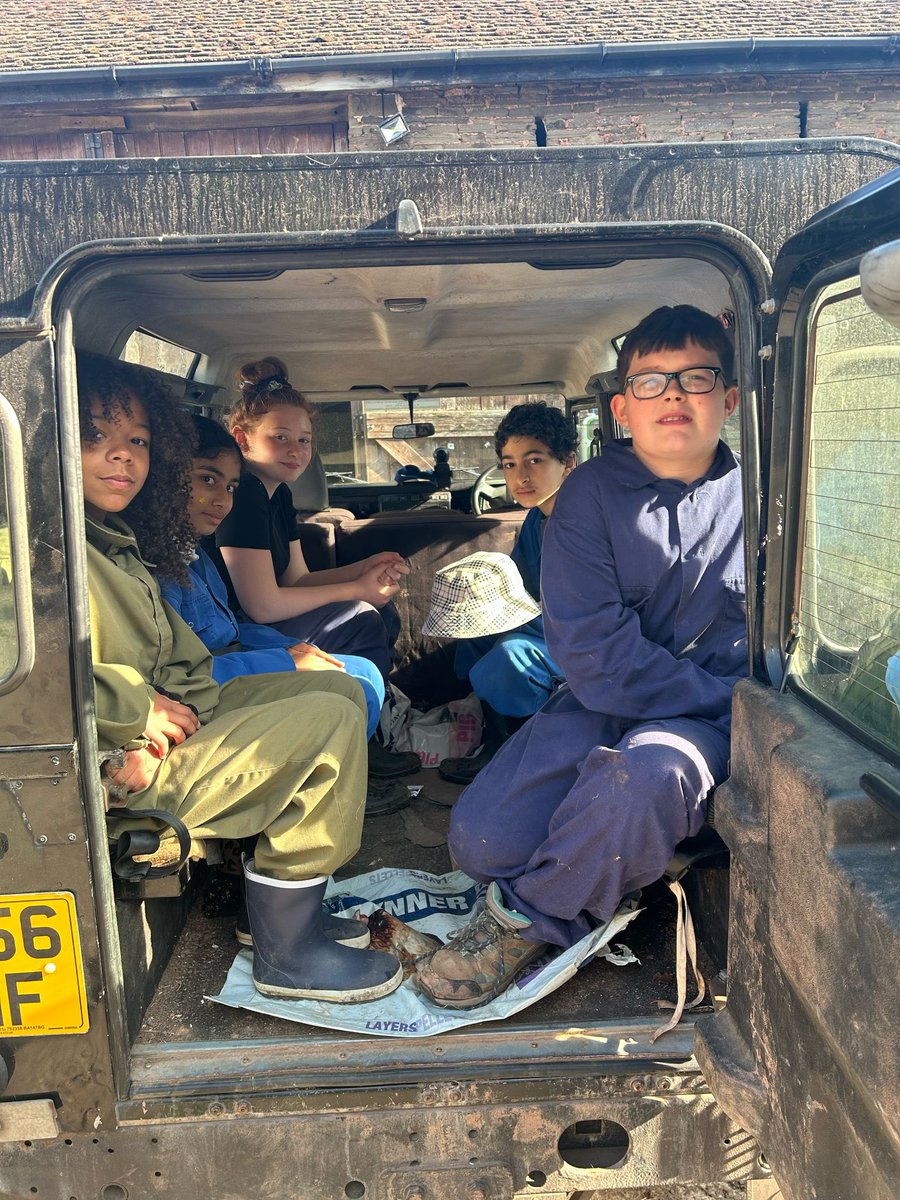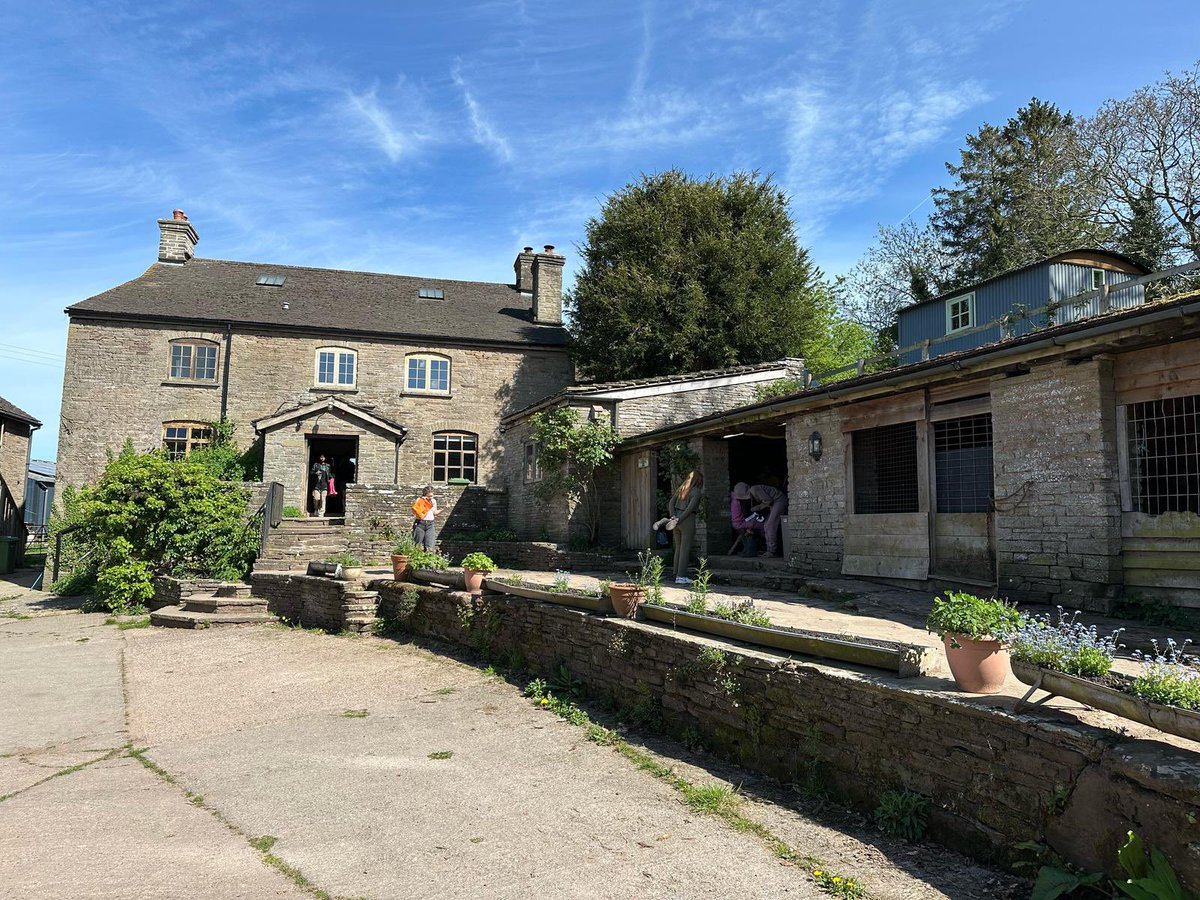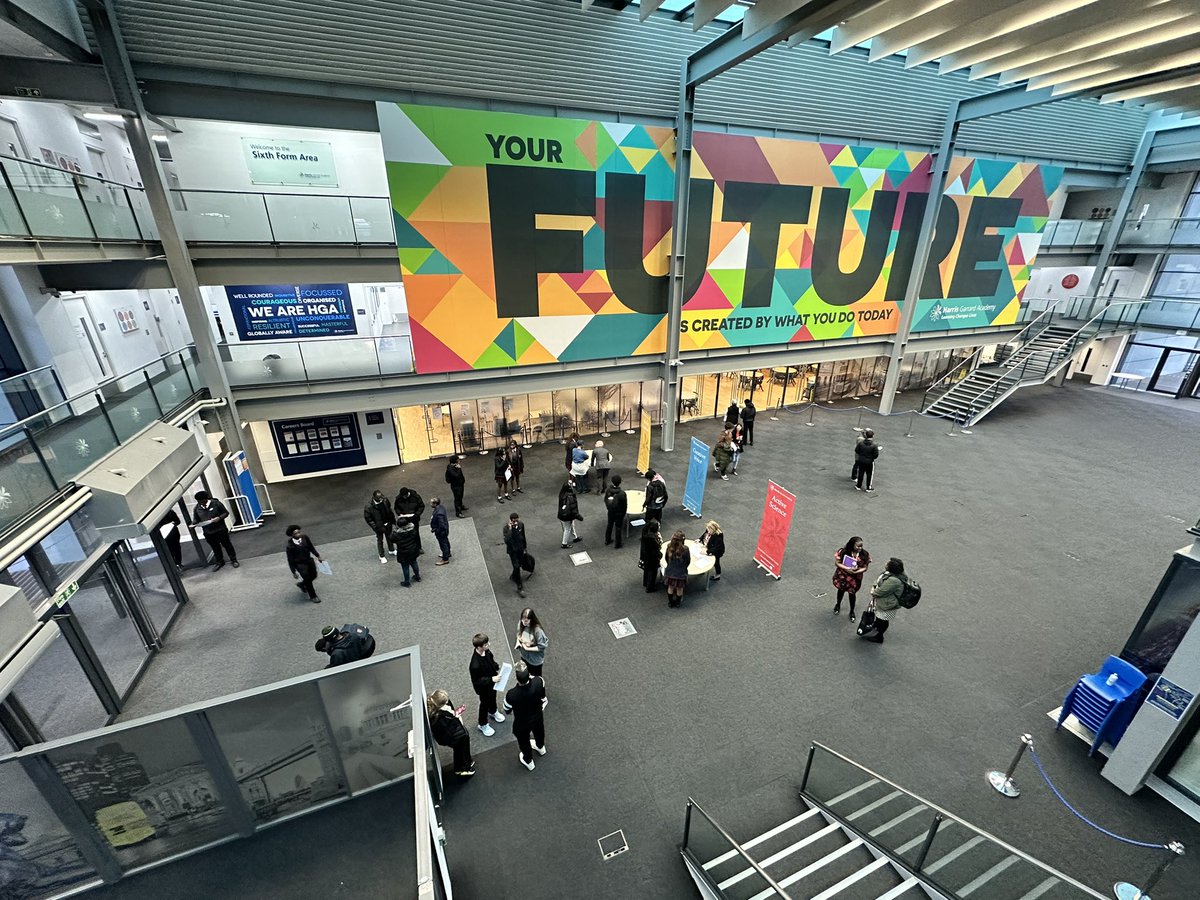Science
By studying Science, students will learn about the way the world around them works and develop essential skills for future study and for life.
By looking at phenomena involving the largest objects in the universe down to those too small to see with the naked eye, we will create a sense of awe, wonder and natural curiosity.
Students will leave us having become more employable, able to keep themselves safe and with the cultural capital to engage with the science they encounter in the future. We regularly assess and check the progress made by students over the academic year via Knowledge Organiser quizzes, homework, class feedback and assessments.
We intend to provide all our students with a broad and balanced Science curriculum. We work alongside our colleagues, outside the department to ensure we provide the provisions for our EAL, SEN, and PP students.
Key Stage 4 overview
Students experience a range of new topics and skills at Key Stage 4 whilst following the AQA Trilogy or Separate Science specifications. Each topic strand is linked to prior knowledge and skills from Key Stage 3 and builds in terms of complexity, skills and application.
Our aim is that all students should leave Harris Garrard Academy being able to understand and explain the scientific world around them and more importantly are equipped with the skills to problem solve and critically evaluate the ‘big’ moral questions.
To support this, the design of Knowledge Organisers has been carefully planned and aligned to the curriculum sequence. Knowledge Organisers are carefully embedded into the curriculum structure to ensure that this meets the need for improving literacy and provides opportunities for regular retrieval practice. This also ensures that new key language is introduced, explained and modelled when building on prior learning within each strand. Assessment of students’ understanding of the curriculum is constant and low stake. This is done through Knowledge organiser quizzes and end of term assessments. The aim of these assessment is to feed directly into planning so that lessons are personalised to meet the needs of all students.
Year 9 into 10 options
At Harris Garrard Academy, all students are offered the option to take either the combined or separates science courses. Both courses provide clear pathways towards A-Level science study and careers into the science sector. Students will cover all three science and sit six exams at the end of the course. Combined science consists of 6 x 1hr 15mins papers and Separate Science consists of 6 x 1hr 45mins papers.
You can download Knowledge Organisers for each year group from our Knowledge Organisers page.
For queries about the Science curriculum please contact Abigail Botchway a.botchway@harrisgarrard.org.uk
Further details of the curriculum can be found below.
Primary
Increasing students' understanding of our world can only happen if we enhance their experiences with the world around them. This is what Science at HGA aims to achieve, for a generation that could save our planet.
We believe that key concepts and knowledge are intrinsically linked in the science curriculum and aim to capitalise on this by using first-hand experiences, so that all our pupils learn about the way things are and why they behave as they do. Our learners use a range of secondary sources (books, videos, and visits) to reinforce and enrich their knowledge.
Learners in science are involved in a wide range of activities that are practical, relevant, co-operative and satisfying. We aim to give them an understanding of scientific concepts and processes. This includes asking questions, discussing, predicting and planning investigations as well as methods of recording, interpreting and evaluating findings. Furthermore, we aim to link lessons to real life. In doing so, we are fostering social awareness and responsibility, resilience and reflective thinking.
Mr Church, Snr VP and Primary Science Lead
Year 7
Students start their secondary science curriculum journey by reinforcing safety in Science and then build on the knowledge and skills they have obtained over Key Stage 1 and Key Stage 2, to ensure that they have a strong science foundation.
The topics from Years 7, 8 and 9 link to the topics covered in Key Stage 4 in Years 9,10 and 11. In terms of sequence of lessons, we based this on our knowledge of the Key Stage 2 national curriculum. Topics we start with include, cells, separating mixtures and light these topics link directly to what students have learnt in Key Stage 2, this makes the transition into Key Stage 3 smoother.
Year 8
During the second year of Key Stage 3, the students are encouraged to develop their scientific enquiry through deliberate use of language, logic and experimentation. Students expand their knowledge of Biology at a micro level when they have previously studied cells and apply this at the macro level between organisms in form of interdependence and variation.
In Chemistry, students have previously covered the topic of elements. This knowledge is now built upon when students study the periodic table, their trends and properties. Students are now able to learn about the chemical reactions of metals and non-metals. In physics, we cover the topic forces after we previously covered the topic of speed. This will allow students to understand the idea of resultant force as this forms the foundation for Key Stage 4 study. Students also develop their mathematical skills when they calculate using given equations and plotting lines of best fit.
Year 9
Students complete the final stage of Key Stage 3, before beginning the GCSE specifications in term 3. During terms 1 and 2, students learn topics such as evolution, chemical energy, waves and electromagnetism. These are all essential concepts which link into the later stages of Key Stage 4 and bring together the concepts learnt earlier in the course. We continue to integrate both substance and disciplinary knowledge which enhance each other whilst students continue to develop their analytical skills, by drawing conclusions from data provided.
Year 10
Students build upon the concepts studied throughout Key Stage 3 and the Key Stage 4 curriculum that they began in term 3.Paper 1 topics in the AQA specification are studied to enable a deeper understanding of the subject. The topics start with foundations of each of the three traditional disciplines of Biology, Chemistry and Physics. For Biology this includes cell transport, organisation, infection and biochemical processes. For chemistry, this includes Bonding, Energy Changes and Quantitative Chemistry. For Physics this includes a revisit of the Particle Model, Electricity and Atomic Structure. These topics link directly topics found in Key Stage 3.
Year 11
Students build upon paper 1 topics to complete the second half of their GCSE course by studying paper 2 topics needed to complete their full GCSE course. Topics start with Homeostasis, Genetics & Ecology which prepare students for A-Level Biology. Students study, rates of reaction, organic chemistry, forces & waves which directly link with Key Stage 5 science. Regular formative assessments, intervention and enrichment & careers support aid in the development in the students' vast skill set. This will in turn provide the grounding and structure required for students to continue with science study at Key Stage 5 and beyond. Knowledge is built up throughout this seven-year journey where students are explicitly taught disciplinary and substantive knowledge
Year 12
Biology, Chemistry and Physics are offered to students. The specification followed for all three A Level courses is AQA. In Biology the course begins with Biological Molecules, which then progresses from cells to tissues to organisms and the genetic factors which affect them. Students will develop their practical skills from GCSE level, transitioning to A-Level with greater expectations of independence and rigour. Students are assessed during practicals through using the AQA Common Practical Assessment Criteria (CPAC) criteria. This is where students show their competency in completing practical work independently at to a high standard, bringing together the powerful knowledge and skills obtained so far. We develop students’ maths skills to a higher level through lessons dedicated to concepts such as uncertainty, standard deviation and error bars.â¯â¯
In Chemistry, the specification is divided into topics, which cover the key ideas in Chemistry. The course begins with Atomic Structure, Amount of Substance and Bonding. These lessons lay the foundations for further study and the workplace. Practical work is at the heart of our teaching and the required practical activities will give students the opportunity to embed their skills and knowledge. The A-Level practicals ensure that students are able to access the Common Practical Assessment Criteria (CPAC) requirements.
In Physics, as students progress through the course, they will build on their knowledge of the laws of Physics, applying their understanding to solve problems on topics ranging from force, energy and momentum to refraction, diffraction and interference. Topics studied will also support the development of practical skills throughout the course. The A-Level practicals ensure that students are able to access the Common Practical Assessment Criteria (CPAC) requirements.
Year 13
Year 13 Biology is a progression from Year 12 Biology. Year 13 begins with students developing an understanding of inherited change and gene expression. Integrating more mathematical concepts like chi squared. Students will finish their required practicals following the AQA CPAC criteria in order to complete the practical component of the course.
Year 13 Chemistry builds upon topics studied in Year 12 Chemistry, the course begins with a key topic Thermodynamics underpinning knowledge onâ¯heat, energy, temperature and the physical properties of matter. Students will finish their required practicals following the AQA CPAC criteria in order to complete the practical component of the course.
Careers
Whether you end up studying A-level biology, chemistry or physics, a degree in science or go straight into the workplace at the age of 16, you’re likely to use your science knowledge regularly.
Traditional scientific jobs like medicine, dentistry, veterinary science, engineering, pharmaceuticals and manufacturing are obvious routes for the science student. However, more and more jobs require at least a basic scientific understanding to perform.
The burgeoning health, fitness and ICT industries all depend on employees knowing more than general-knowledge science. Travel and tourism and outdoor pursuits of all kinds require an understanding of a variety of scientific disciplines from an knowledge of local flora and fauna, to weather planning, geographical features, transportation methods and even the less obvious decision making using critical thinking skills based on the scientific method, science underpins life.
A survey conducted in 2010 revealed that the favourite degree subject of graduate recruiters for the FTSE 500 companies was physics 40% with maths in second place with 15% and chemistry in third at 13%.
Whether you consider yourself a scientist or not, good qualifications in science from Harris Garrard Academy will prepare you well for your life ahead.
Find out more about the careers programme at Harris Garrard Academy.
